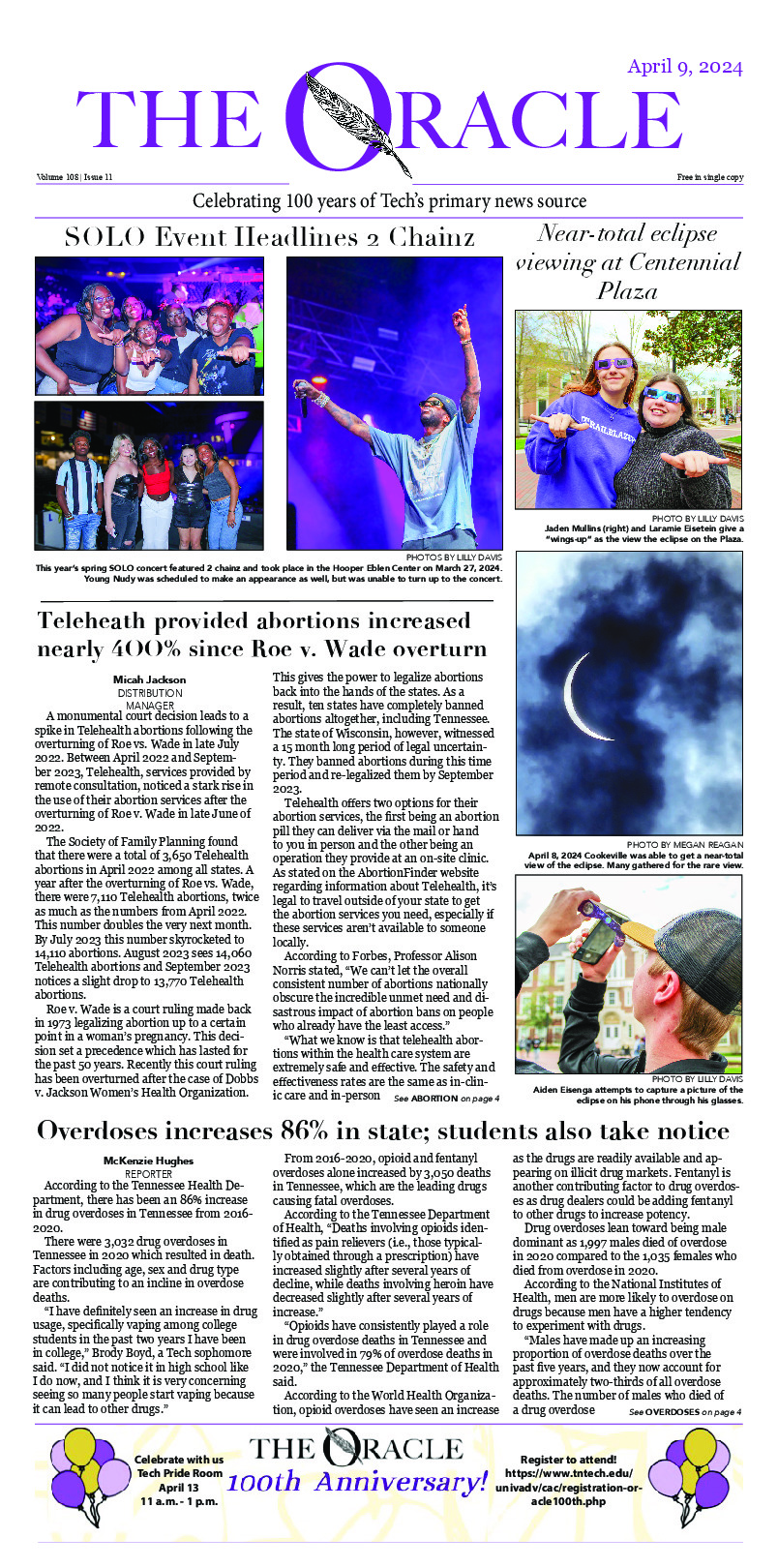The United States is supposedly “one nation under God.” After all, the President is sworn into office with his right hand on the Bible, and witnesses testifying against alleged criminals declare before God to tell the truth, the whole truth, and nothing but the truth. But, I wonder if the land of the free is the same nation under God it was more than 200 years ago.I say this because of the increase of bans on prayer in public high schools. Faculty in public institutions cannot join students in prayer since employees are a “direct representation of the state and school district.” How is it students can pray but faculty can’t? It seems to me students directly represent their school when participating in varsity sports and school sponsored clubs and activities. Does anyone else notice the inconsistency?
The pledge of allegiance proclaims we are “one nation under God.” Well, what God would ban prayer or dispose of those who spoke of faith? I’ve never heard of a God like that. This compels me to ask, “How much of our nation is indeed ‘under God’?” Are we a nation under God, or not?
Last Friday was Good Friday, a “day of rest.” With no classes, homework, or tests, I’m sure there were some who spent the day in reverent remembrance of the one we call Savior, contemplating the magnitude of the sacrifice made two thousand of years ago. But for most students on campus, Thursday night was the night to go buck-wild, knowing the next morning could be spent sleeping in and “recovering.”
In claiming we’re “one nation under God,” we’re denying the reality that this addition to the weekend is nothing more than an addition to the weekend. There is a necessary line to be drawn concerning separation of church and state. Are we going to ban prayer, yet still take religious holidays off?
Easter and Christmas conveniently break apart the school year. These holidays not only serve well for school calendars, they’re additionally beneficial and relevant to Christian families, leaving more time for travel, the genuine family togetherness we wish we had all year round, and ultimately the “reason for the season.”
I doubt non-Christians dread having a few extra days off from work, or getting to miss school for a few days. In fact I’m pretty sure they enjoy the nice break, even if it is irrelevant to their beliefs. While Christians spend the Christmas and Easter seasons relaxing, free from the stresses of homework and the time clock, Jews, Hindus, Buddhists, and Muslims (to name a few) generally don’t get their holy days off. What about Chanukah? Ramadan? Passover?
It seems Christians are the only ones benefitting from the calendar. I believe the solution is not found in whether or not non-Christians mind having Christian holidays off, or in their having to work on days they hold sacred.
Consequently, exceptions cannot be made for absolutely everyone. If school boards and work administrations took into account every holiday or special occasion for every ethnicity and religion, no one would ever go to work. So we’re all forced to adapt to these circumstances.
We are “under God” only by technicality- merely because our pledge says so. We like to think we’re protecting everyone’s beliefs by banning religious teachings and prayer in public schools. We like to think by separating church and state, we’re fulfilling that equality and “justice for all” line we’re so fond of. The well-worn idea of separation of church and state is in proper accordance with the prayer ban but in direct conflict to student release on Good Friday. This contradiction proves my point: If we’re dubbing ourselves “one nation under God,” we need to act like it. And if we’re not going to act like it, then we shouldn’t assert such proclamations.
As neither an advocate nor adversary for either side of this debate, I can’t help but notice the inconsistencies and the failure to practice what we preach. I’m not a hardcore activist attempting to remove the phrase “under God” from the pledge. But if we’re not acting like we’re “under God,” then what purpose does it serve? Why bother stating it if we’ll consistently fail to back it up? Are we that fearful our God will resent us if He’s removed from our pledge?
If we’re keeping this phrase in our pledge to “avoid the wrath of God,” then we’ve kind of missed the point. Surely we don’t honestly think saying “under God” in our pledge makes Him feel all warm and fuzzy inside.


